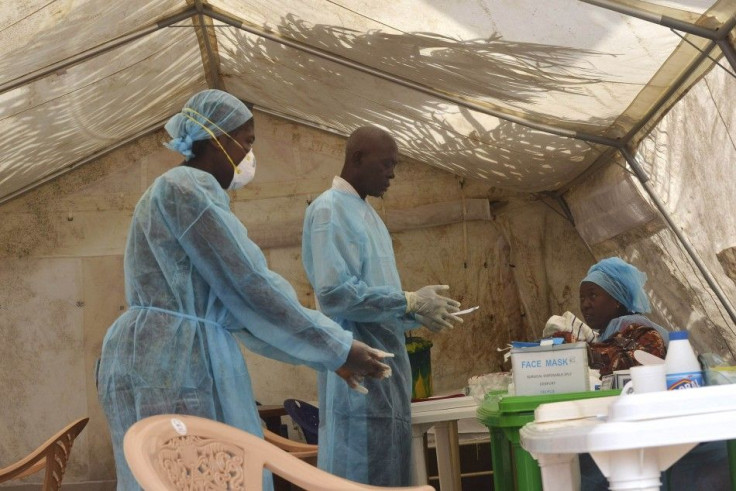Ebola Outbreak Preventable Through Proper Hygiene, Washing with Soap & Water; Spanish Priest Confirmed to Have Virus

The world is now going fearful over the spread of the deadly Ebola virus among four west African nations, plus two Americans and now one Spanish priest. But while this year's outbreak is its worst, experts highlighted passing on the virus from one person to another is highly preventable through the time and tested soap and water solution.
Experts had repeatedly said a person can be infected with the dreaded Ebola if s/he had direct contact with an infected person's bodily fluids such as blood, sweat, vomit or feces.
Unfortunately in some underdeveloped countries, proper sanitation and hygiene continue to remain questionable and more often the source of their health-related problems.
That the basic washing of hands with soap and water is not probably part of the west African nations' routine could had contributed to the surge of Ebola-related deaths since this year's outbreak started in March.
Read: Ebola Apocalypse: Hope Remains in Secret Serum, Could Avert Apocalyptic Style Plague
People in west Africa apparently weren't better educated and informed that apart from washing their hands with soap and water, they should wear gloves as well as protective masks. When in the hospitals, they should use disinfectant and clean needles.
One reason why the number of Ebola-infected people rose in that particular region was because they touched the dead with their bare hands.
"Fortunately, in recent days, through education and the involvement of other countries, these practices are changing. There are now buckets of diluted bleach scattered about villages for people to wash their hands," Lorie Johnson, medical reporter of CBN News, said.
Once a person contracts the virus, however, the symptoms don't easily manifest.
Meantime, the Ebola virus has infected a Spanish elderly priest who was working in Liberia doing missionary work.
Read: Ebola Outbreak: Airlines Can Deny Passengers Showing Symptoms of Disease - CDC
Miguel Pajares, 75, will be repatriated back to Spain. He is working for the Madrid-based, non-profit organization Juan Ciudad and the Hospital Order of San Juan de Dios.
Reports said the Spaniard had worked in Liberia for over 50 years, the last seven were at the Saint Joseph Hospital in Monrovia.
"I'd like (to go to Spain) because we've had a very bad experience with what's happened here. Here we are abandoned and they're not taking care of us. We want to go to Spain and for them to treat us as people, as God orders," Fox News quoted Pajares.





















